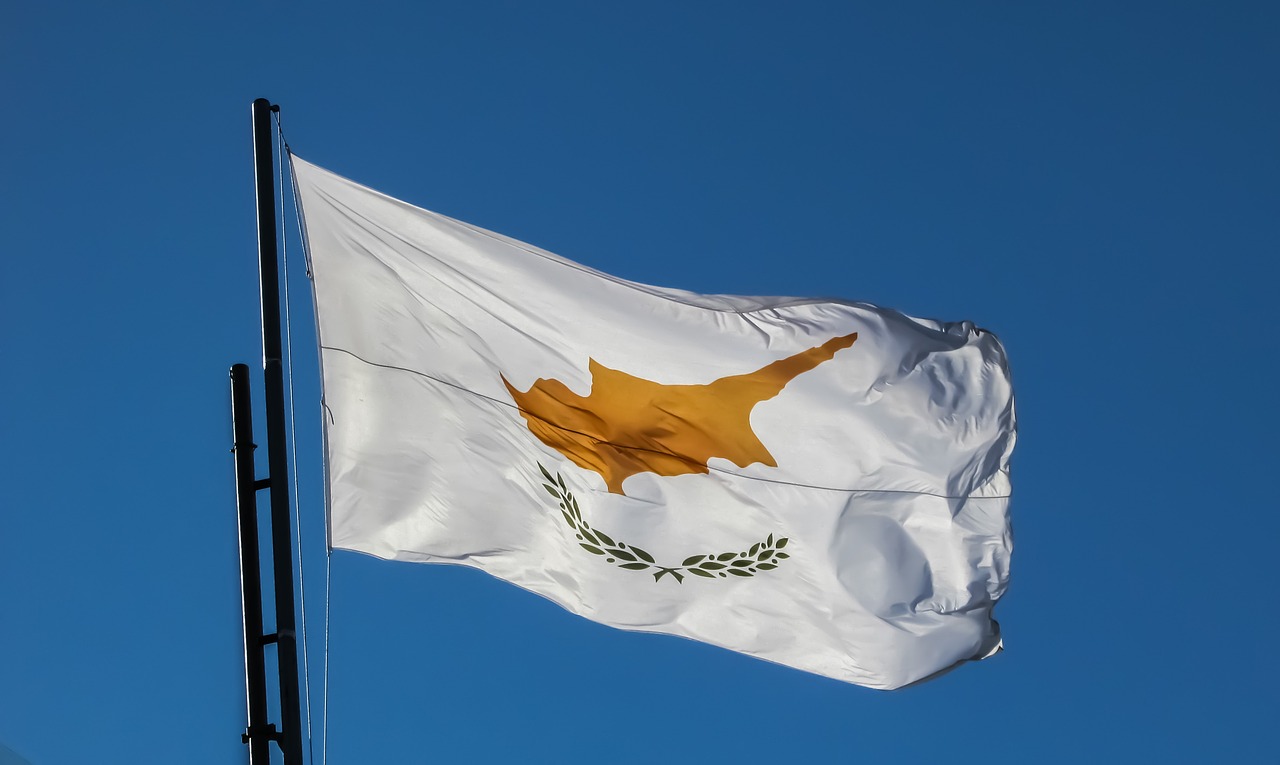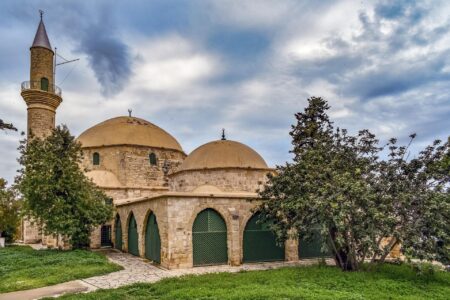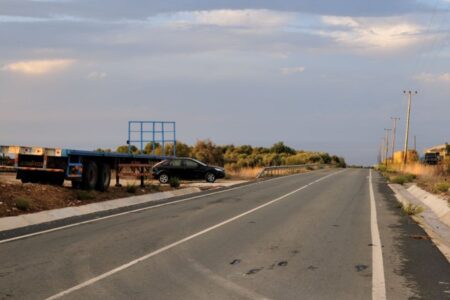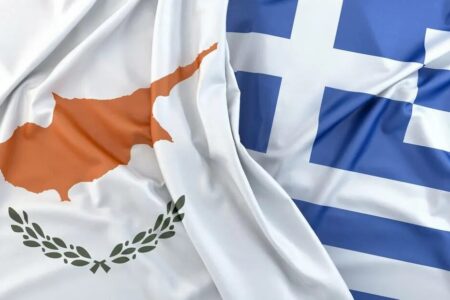Cyprus is the third largest island in the Mediterranean Sea, located at the crossroads of Europe, Asia, and Africa. It covers an area of approximately 9,251 square kilometers and lies between 34°33′ and 35°34′ north latitude and 32°16′ and 34°37′ east longitude.
Contents
Geographical Location
Situated in the eastern Mediterranean, Cyprus is close to Turkey’s southern coast to the north and Syria to the east. Its strategic location has historically made the island a bridge between various cultures and civilizations.
Demographics and Population
As of January 2023, Cyprus has a population of approximately 920,701 people. The majority are Greek Cypriots, numbering about 737,196. The remaining 183,505 are foreign residents.
Major Cities
- Nicosia (Lefkosia): The capital and largest city with a population of approximately 356,358.
- Limassol (Lemesos): A major port city with about 258,283 residents.
- Larnaca: Home to around 153,824 people.
- Paphos: Population approximately 100,753.
- Free Famagusta (Ammochostos): Rural areas with about 51,483 residents.
Government Structure
Cyprus is an independent republic with a presidential system. The president, elected by universal suffrage for a five-year term, serves as both head of state and government. The Council of Ministers, appointed by the president, holds executive authority.
Executive Branch
The President of the Republic exercises executive powers and appoints ministers. To ensure separation of powers, ministers cannot simultaneously be members of the House of Representatives.
Legislative Branch
The legislative authority is vested in the House of Representatives, consisting of 80 seats: 56 for Greek Cypriots and 24 for Turkish Cypriots. Since 1963, Turkish Cypriots have not participated, leaving their seats vacant.
Judicial System
The judiciary in Cyprus is independent. Key courts include the Supreme Court, district courts, military courts, and specialized family and labor courts. The Supreme Court serves as the country’s highest appellate authority.
Membership in International Organizations
Cyprus actively engages in international affairs and is a member of numerous organizations:
- United Nations (UN) and its specialized agencies.
- Council of Europe.
- Organization for Security and Co-operation in Europe (OSCE).
- Non-Aligned Movement.
- World Trade Organization (WTO).
- European Union (EU): Member since May 1, 2004.
- Eurozone: Adopted the euro as its official currency on January 1, 2008.
- EU Presidency: Cyprus chaired the European Union from July 1 to December 31, 2012.
History of the Cyprus Conflict
Involvement of the UK, Turkey, and Greece
The affairs of Cyprus have been influenced by interventions from the UK, Turkey, and Greece, exacerbating intercommunal tensions and political instability.
Intercommunal Clashes
Serious intercommunal clashes between Greek and Turkish Cypriots occurred in 1963–1964 and 1967, intensifying tensions and deteriorating relations.
1974 Coup and Turkish Invasion
In July 1974, a military junta supported by Greece staged a coup against the legitimate government of Cyprus. This provided Turkey with a pretext for military intervention. On July 20, 1974, Turkey invaded the island, occupying its northern part and establishing control over 36% of the territory.
UN Peacekeeping Forces
Since 1964, UN peacekeeping forces have been stationed in Cyprus to maintain peace. Currently, their numbers stand at 1,216 personnel, primarily tasked with monitoring the buffer zone and ensuring peace.
International Response
The UN and other international bodies have repeatedly condemned Turkish intervention and the occupation of part of Cyprus. Numerous resolutions call for the return of refugees, withdrawal of foreign troops and settlers, and respect for the human rights of all Cypriots. The European Court of Human Rights has held Turkey responsible for systematic human rights violations in Cyprus.
Negotiations and Conflict Resolution Initiatives
Joint Declaration of 2014
On February 11, 2014, the leaders of the Greek and Turkish Cypriot communities adopted a joint declaration outlining principles for resolving the conflict. The primary goal is the creation of a bi-zonal federation with political equality, as envisioned by UN Security Council resolutions and high-level agreements.
Confidence-Building Measures
Former President Nicos Anastasiades proposed measures to foster trust, including development initiatives for the Varosha area. These efforts aim to rebuild mutual trust and support a peaceful settlement. The EU and the US have expressed support, but Turkey has yet to respond positively.
Role of the UN and EU
The UN continues to mediate negotiations, striving for a unified, sovereign, and civil state. The EU also plays a significant role, providing political and economic support.
Economy and Development
The Cypriot economy is service-oriented, with tourism and financial services being key sectors. Following the 2012–2013 economic crisis, the country has successfully recovered. In 2023, unemployment dropped to 6%, and economic growth reached approximately 3%.
Tourism
Tourism remains a cornerstone of the economy. In 2023, Cyprus welcomed over 4 million tourists, offering a rich cultural heritage, beautiful beaches, and favorable climate.
Energy Resources
Ongoing exploration of natural gas in Cyprus’ exclusive economic zone has caused tensions with Turkey, which disputes Cyprus’ rights to these resources.
Cyprus is a country with a rich history and cultural heritage, standing at the crossroads of civilizations. Despite a prolonged conflict and political challenges, the republic demonstrates resilience and a commitment to peaceful resolution. The international community continues to support Cyprus’ efforts to achieve stability and prosperity, with hopes for the island’s reunification and restoration of territorial integrity.
















